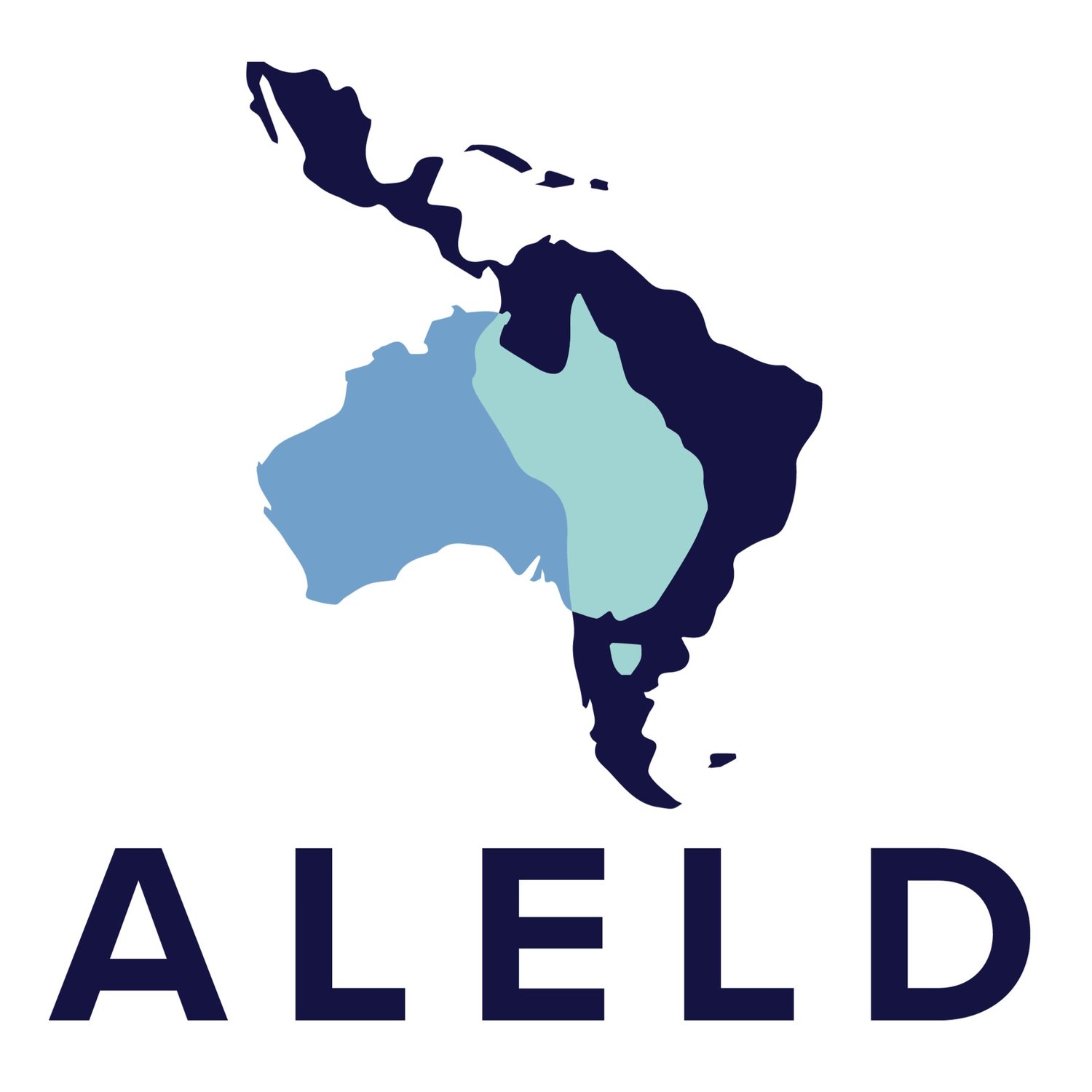Massive Protests in Argentina Oppose President Milei’s Cuts to the Education Sector
President of Argentina Javier Milei. Source: Wikimedia
On Tuesday, Buenos Aires was the epicentre of country-wide demonstrations - the latest and largest against President Javier Milei and his budget cuts to Argentina’s public university system. According to the University of Buenos Aires, over half a million people took to the streets of the Argentine capital alone. Together various facets of Argentine society, including workers unions, human rights organisations, political parties, educators, and students marched from the Congress building to Plaza de Mayo, the oldest public square and symbol of Argentine independence.
Previous demonstrations in Plaza de Mayo, 2022. Source: Wikimedia
Milei’s Government decided to continue university funding at the same level this year as in 2023. However, upon taking office in November last year, Milei devalued Argentina’s currency by more than half. The Central Bank of Argentina has since continued this devaluation at a target rate of 2 percent per month. This means that in 2024 the Argentine public university system is effectively having their budget slashed by over 50 percent. Some 2.2 million students study in public universities across Argentina, where the poverty level has reached over 50 percent of the population this year.
Placards from the protest, uploaded to the Instagram of the University of Buenos Aires, read: ‘la educación es la mejor inversión’ (education is the best investment) and ‘la educación pública siempre trajo orgullo nacional’ (public education will always bring national pride). These statements reinforce the idea that education is a fundamental and valued part of the Argentine identity. Tuesday’s protest is the third and largest yet in defence of the public education system during Milei’s first six months as President.
The University of Buenos Aires. Source: Unsplash
Undergraduate education in Argentina’s public universities is tuition-free and relies heavily on government funding. The state normally spends around 4.6 percent of its total GDP on education. The education system boasts some of the most venerated institutions in the region, with the University of Buenos Aires having educated five Nobel laureates and 17 of the nation's presidents. In recent days the university has stated that the current budget is barely enough to provide basic services. Due to difficulty paying electricity bills last week teachers at the university began delivering classes without microphones, air conditioning, and light in some buildings. The rector of the University has warned that in the worst-case scenario, the institution may have to close its doors within three months without a fresh injection of funding.
The higher education sector is a particular target of Milei’s anti-establishment discourse. He regularly accused universities of being centres of socialist ‘indoctrination’ and ‘brainwashing’. In response to Tuesday’s demonstrations, Milei doubled down on his confrontational style of communication as seen via his social media accounts. Alongside the reposting of his supporters’ content, his Instagram post on Tuesday shows a lion drinking from a mug that reads ‘lagrimas dezurdos’ (leftist tears).
This demonstration is the latest example of growing tensions among the general public against sweeping budget cuts to Argentina's public sectors. Javier Milei ran on the promise to take a ‘chainsaw’ to the state, an image born from his election campaign where he brandished a chainsaw to signify extensive cutting of the state’s fiscal responsibilities. In March, his inaugural speech to Congress established heightened intensity of his focus on fiscal austerity measures to bring down government spending.
The higher education sector is one of many to feel the consequences of these recent measures. As a result, the Federal Government has obtained a third straight monthly fiscal surplus. Interior Minister Guilleromo Francos has accused protesters of not fully understanding the extent of the economic crisis facing the country and warns further deep cuts to state spending are needed to maintain it.
Despite the fact extreme pro-market, anti-establishment rhetoric saw him win the presidency, the public’s acceptance of Milei’s style of economic adjustment has waned, as demonstrated by recent anti-government protests. In pursuit of a coveted budget surplus, the public education sector is the latest to suffer under Milei’s fiscal adjustments. As demonstrated by placards in Buenos Aires, the public’s commitment to public education is clear: ‘defender la universidad es defender la patria’ (to defend the university is to defend patriotism).
Author Bio: Laura Klein has an undergraduate degree from the Australian National University and spent time studying at the La Universidad Católica in Chile. She has been accepted into a Masters at the London School of Economics, where she looks forward to further engaging on Latin American Studies.
Content Disclaimer
The views expressed in this article are those of the author and do not necessarily represent the views or opinions of the Australia Latam Emerging Leaders Dialogue



